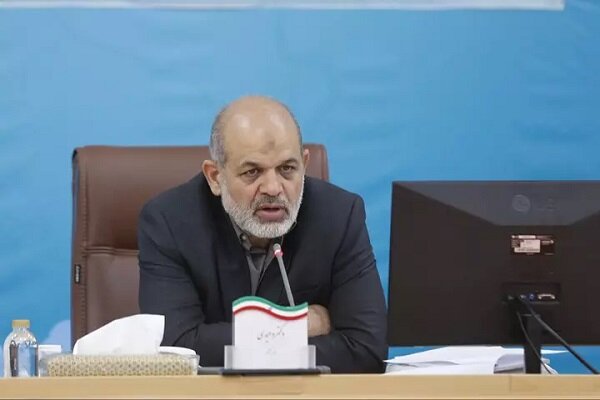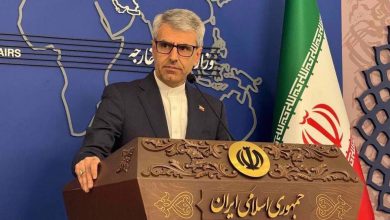Genocide in Gaza represents Western civilization
Irans Interior Minister Ahmad Vahidi said that the West is supporting the Zionist regime with all its power, stressing that this kind of genocide and crime against humanity represents the Western civilization.

The continued support of some countries for the Zionist regime which makes them complicit in their crimes is surprising, Ahmad Vahidi said, calling on the Westerners to change their behavior and show their objection against the Israeli crimes.
What is happening in Gaza these days, especially the recent attack on the al-Shifa Hospital shows the severe evilness of the Zionist regime, Vahidi said in an interview with Fars News Agency.
Referring to the resistance of the people of Gaza against the attacks of the Zionist regime, he stressed that the Palestinians with their steadfastness revealed the real face of Western civilization.
Israel waged its brutal war on besieged Gaza on October 7 after Hamas carried out an unprecedented operation against the occupying entity in retaliation for its intensified atrocities against the Palestinian people.
Israel has imposed a complete siege on the densely populated territory, cutting off fuel, electricity, food, and water to the more than two million Palestinians living there.







